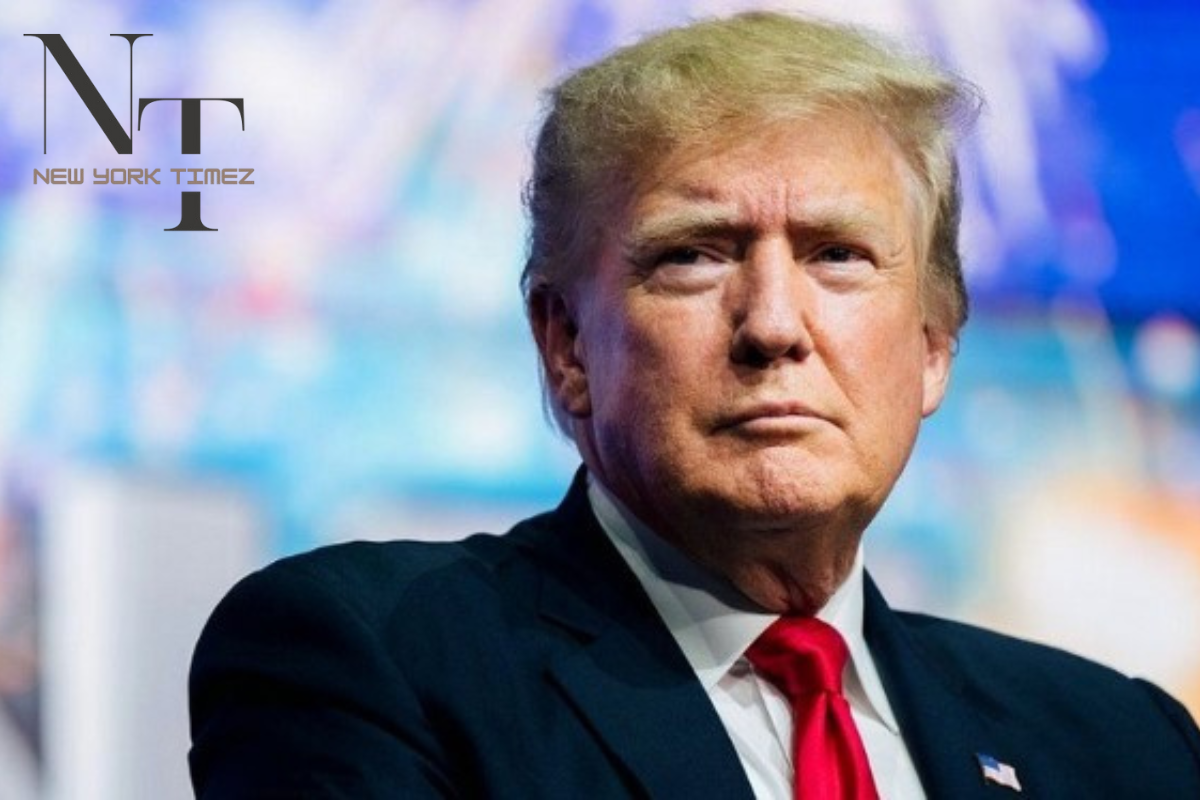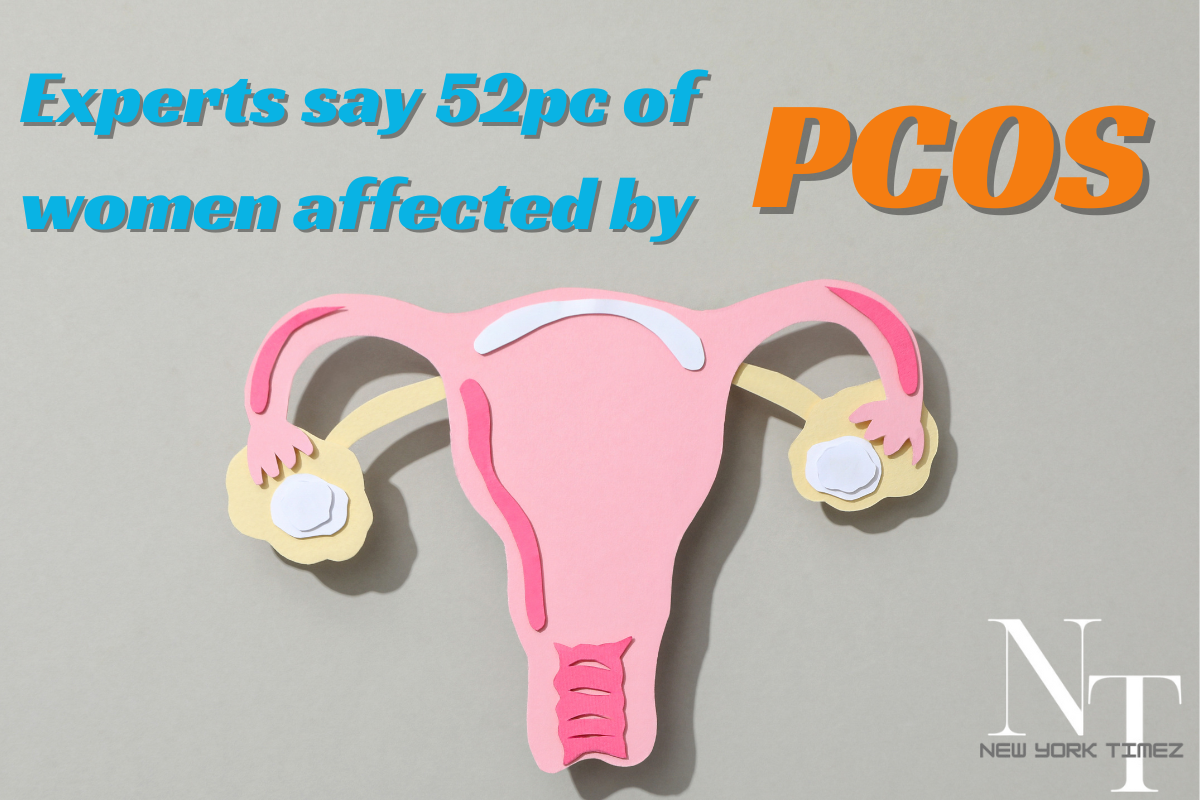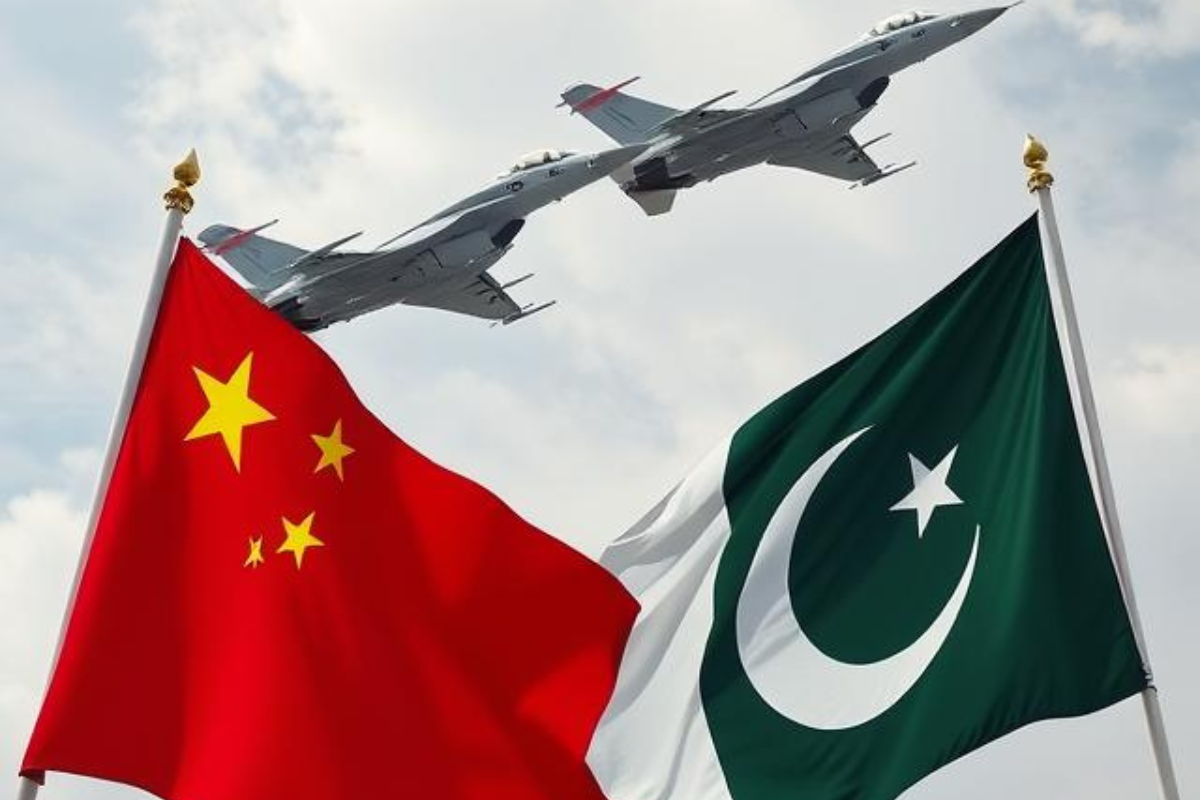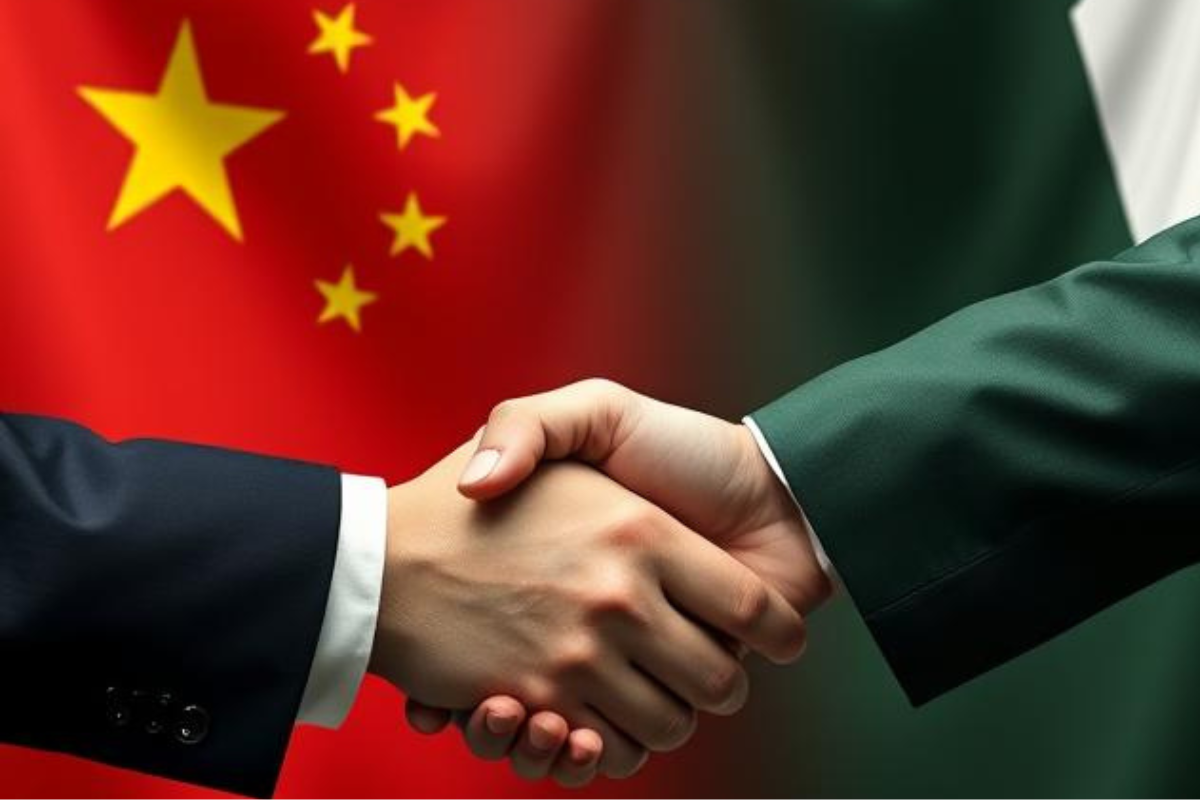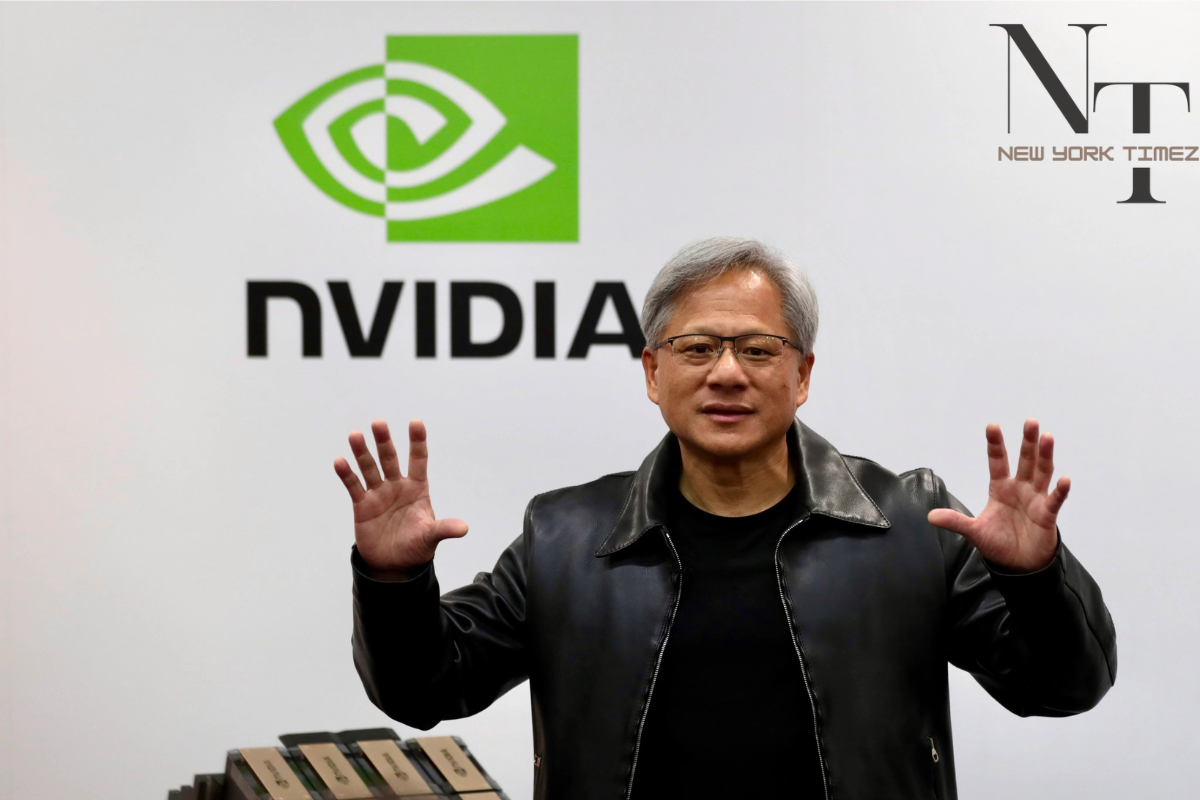
Nvidia CEO Jensen Huang Calls US Chip Export Policy a “Failure” at Computex 2025
At the Computex 2025 conference in Taipei, Nvidia CEO Jensen Huang made bold remarks against the current US chip export policy. He described the export rules—especially those that block the sale of advanced computing chips to China—as a complete “failure.” Huang’s statements reignited discussions around the effects of these restrictions on the global tech industry.
A Timeline of the US-China Tech Conflict
The conflict began years ago, during the Trump administration, when the United States began limiting technology exports to China. At the time, US officials were concerned that sensitive technology might be used for military purposes or passed on to companies linked to the Chinese government.
These restrictions were mainly aimed at halting the flow of AI chip exports and other semiconductor technologies to China. The semiconductor restrictions were part of a larger strategy to contain China’s growing dominance in technology.
When the Biden administration took over, it continued and even strengthened these policies. As a result, American tech companies, especially Nvidia, faced increasing difficulty in doing business with Chinese clients.
You Will Love To Read: Keeper Standard Test
The Impact on Nvidia’s Business
During his press conference, Jensen Huang revealed that Nvidia’s share of the Chinese semiconductor market has dropped drastically—from 95% to just 50%. He blamed this decline on the export restrictions imposed by the US government.
According to Huang, these policies have not slowed China down. Instead, they have encouraged Chinese companies to innovate and build their home-grown alternatives. In short, the restrictions helped accelerate the very development they were meant to prevent.
“The fundamental assumptions that led to the AI diffusion rule have been proven wrong,” Huang said.
What is the AI Diffusion Rule?
The AI diffusion rule is a US policy aimed at limiting the global spread of American-made AI and advanced computing chips. This rule was introduced to prevent countries like China from accessing cutting-edge technology. However, Huang believes it has had the opposite effect.
Instead of weakening China’s tech capabilities, the policy has given local companies an incentive to create their own solutions. As a result, China is investing heavily in its semiconductor sector, fueling fast growth in domestic AI and chip-making technologies.
Global Reactions and Business Consequences
Many tech companies agree with Huang’s assessment. Firms like Nvidia argue that the US-China tech tensions are creating more problems than they solve. These tensions have led to broken contracts, canceled deals, and a loss of market share in one of the world’s largest tech markets.
Recently, the Trump administration rolled back some of the harshest export bans introduced during Biden’s term. This allowed Nvidia to strike new deals with countries like Saudi Arabia. However, while some restrictions were relaxed, others were tightened.
The Commerce Department has now introduced new licensing requirements for Nvidia to export specific chips. Meanwhile, a new warning has been sent to US companies against using Huawei chips, which could potentially violate US export laws.
The Bigger Picture: Balancing Business and National Security
The core of the issue is how the United States should balance economic growth with national security. On one side, there’s concern about letting sensitive technologies reach countries that might misuse them. On the other side, American companies are losing billions in revenue due to these bans.
For companies like Nvidia, the Chinese market was once a goldmine. The loss of half their market share is a major setback. Huang argues that this is not just a business issue but a strategic mistake that benefits competitors in the long run.
China’s Response to the Sanctions
Beijing has strongly criticized the recent US policies, calling them a violation of international trade agreements. After the latest trade talks in Switzerland, Chinese officials accused the US of breaking the framework that had been agreed upon.
The Chinese government has also increased its support for domestic tech firms, pouring money into the development of home-grown alternatives to US technology. This includes AI chips, cloud computing services, and advanced semiconductors.
What’s Next for US-China Tech Relations?
The future of US-China tech relations remains uncertain. With ongoing policy shifts between the Biden administration and the Trump administration, it’s hard to predict how long these restrictions will last.
However, the industry is clearly changing. More countries are seeking technological independence, and global supply chains are being reshaped. Companies are now building new partnerships and expanding into less-regulated markets.
Final Thoughts from Nvidia’s CEO
Jensen Huang’s comments at Computex 2025 are more than just a critique of policy. They represent the growing frustration among US tech companies caught in the middle of geopolitical battles.
Huang is urging policymakers to rethink their approach. Instead of trying to isolate China, he believes the US should focus on staying ahead through innovation, cooperation, and fair competition.
“Technology is a global force,” Huang said. “Trying to control it through borders only limits our own potential.”
Key Takeaways
Nvidia CEO Jensen Huang criticized the US chip export policy as a “failure.”
The Biden administration tightened the rules started under the Trump administration.
These semiconductor restrictions reduced Nvidia’s share in the Chinese semiconductor market from 95% to 50%.
The restrictions encouraged China to build home-grown alternatives.
New policies like the AI diffusion rule have backfired, according to industry experts.
The US-China tech tensions are reshaping global technology and business.





